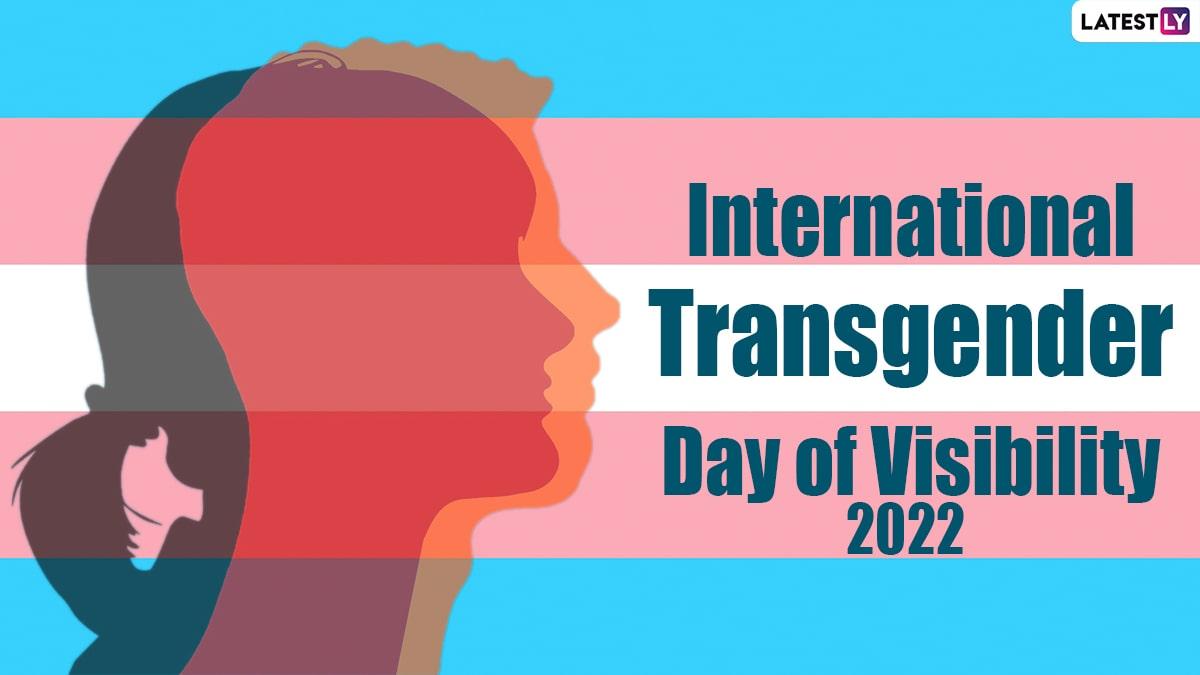Transgender Day of Visibility and Struggle

Each year on March 31st, honors International Transgender Day of Visibility, a time to celebrate transgender and non-binary people around the globe and acknowledge the courage it takes to live openly and authentically. Trisha Sengupta writes.
Judith Butler said that “masculine and feminine roles are not biologically fixed but socially constructed”. Masculinity and femininity are not fixed roles but constructed by society for the Transgender community. Problems faced by them are beyond our imagination in every sphere of life. And, this day aims to celebrate the trans people, raise awareness about the struggles that they face, advocate for more protected rights and empower the community.
In 2009, the day was founded by Rachel Crandall, a U.S based transgender activist. She founded the day with a motto to bring a day of ‘visibility’ for the transgender community and raise awareness against the discrimination that transgender people face in their day-to-day life.
Though there is still a lack of awareness among the people about the LGBTQ+ community and still they face discrimination in every sphere of life. They are far from recognition as well as giving them equality in society. Recently, there was news about an individual transgender being punished by the Taliban government and tortured. This news makes way some way or the other in our newspapers, due to a lack of appreciation for being- what they are and a lack of equality. That is why they are susceptible to discrimination and violence. Some of the problems faced by trans communities are-
Bullying and Harassment
Bullying and harassment are one of the common discriminations faced by the community. Often, sexual minority adults turn to drugs and alcohol to block the pain felt by hurtful words and actions of their peers and colleagues. When children are bullied, it sets the stage for prolonged problems that can carry into adulthood. Bullying can trigger depression and anxiety, and it can lead to low confidence and low self-esteem.
Family conflict and Rejection
Usually, one can turn to their family when they have an issue. However, many people in the LGBTQ community are not so lucky. They may have mothers, fathers, and other relatives who don’t understand their sexuality. They might refuse them and cut off all their ties with them. This has a drastic impact on their mental health.
Abuse and Trauma
These are all too prevalent in the LGBTQ community. Abuse could come from a high school bully who harasses people they don’t understand. It could be the parent who refuses to accept that their child is different. Whatever, the source of abuse and trauma may be, it is hurtful to individuals on a physical and emotional level.
Unemployment and Homelessness
It is not unusual for LGBTQ members to experience homelessness or unemployment. This is especially common among youth who don’t feel comfortable living with unaccepting parents or whose parents kick them out because of their sexuality. Many sexual minority members also have mental issues due to rejection and discrimination, making it difficult to find a job and shelter.
Higher rates of Depression and Anxiety
With all the trauma and rejection that the LGBTQ community experiences, they are likely to suffer from anxiety and depression. Those with anxiety or depressive disorders will continuously feel these negative emotions throughout their life. These disorders can keep one from getting out of bed in the morning, keep one from being productive, and harm their relationship with others.


- Art
- Causes
- Best Offers
- Crafts
- Dance
- Drinks
- Film
- Fitness
- Food
- Games
- Festival
- Gardening
- Health
- Home
- Literature
- Music
- Networking
- Other
- Party
- Religion
- Shopping
- Sports
- Theater
- Wellness




